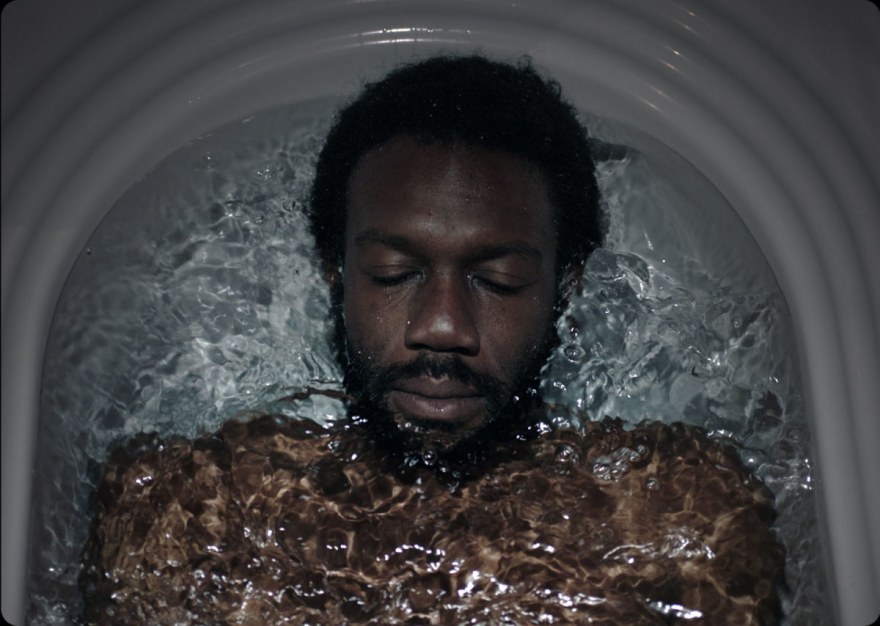Dinner with Yousef
An interview with Mohamed Hossameldin, director of Yousef
Being of Egyptian origin yourself, have you experienced any feelings similar to your character’s in the wake of the Macerata shootings?
In recent years, after every terrorist attack in Europe, I felt at first uncomfortable, then I started to feel a real fear, for me, for my family, like I felt that the public opinion started to associate everyone coming from the Arab world with these attacks. When in February an Italian man, influenced by racist propaganda, shot to half a dozen people just because of the colour of their skin, it was like my fears started to become real. It was something that, to a certain extent, many people expected, but when it happened it touched me in a way that I can hardly put into words. These are the feelings that drove me to make this film.
Why did you choose to include that particular crime?
The choice to involve the protagonist in a sexual assault comes from one of the most common prejudices against immigrants. I wanted to put Yousef in a situation where many would see him as a perfect culprit.
Any particular reason why you chose to make your main character a chef?
During one of the conversations I had with Saverio Pesapane, who wrote the film with me and produced it, we decided to develop a high social status character; someone who lives a comfortable life and who suddenly finds himself in a situation of fear, that is very distant from his everyday life. One of the fascinating things about the chef character is that he is someone who gives pleasure to other people, and so he is also someone who takes care of people; in the film he decides to take care of someone who needs help, and this decision turns the narrative engine on.
Can you tell us about casting Jean-Christophe Folly as Yousef?
The casting was crucial for the film, I worked for a long time with the casting director, and when he showed me a scene from La prima neveby Andrea Segre, with Jean as the main character, I was impressed by his facial expressions. We called him to audition in Rome. Two days later we met, we had a long conversation, and after that my decision was made.
Would you say that the film format has given you any particular freedom?
I think that when you have less time and less budget because you’re working on a short film, you have the chance to bring to light something that you can’t unveil in a feature. The limits that you have when you work on a short film unleash the energies of the whole crew, if you’re able to involve people who are passionate about the project. I think there’s the same difference between running the 100 meters or running the marathon: you need to use your energy in a very different way.
Yousef was shown in International Competition.








